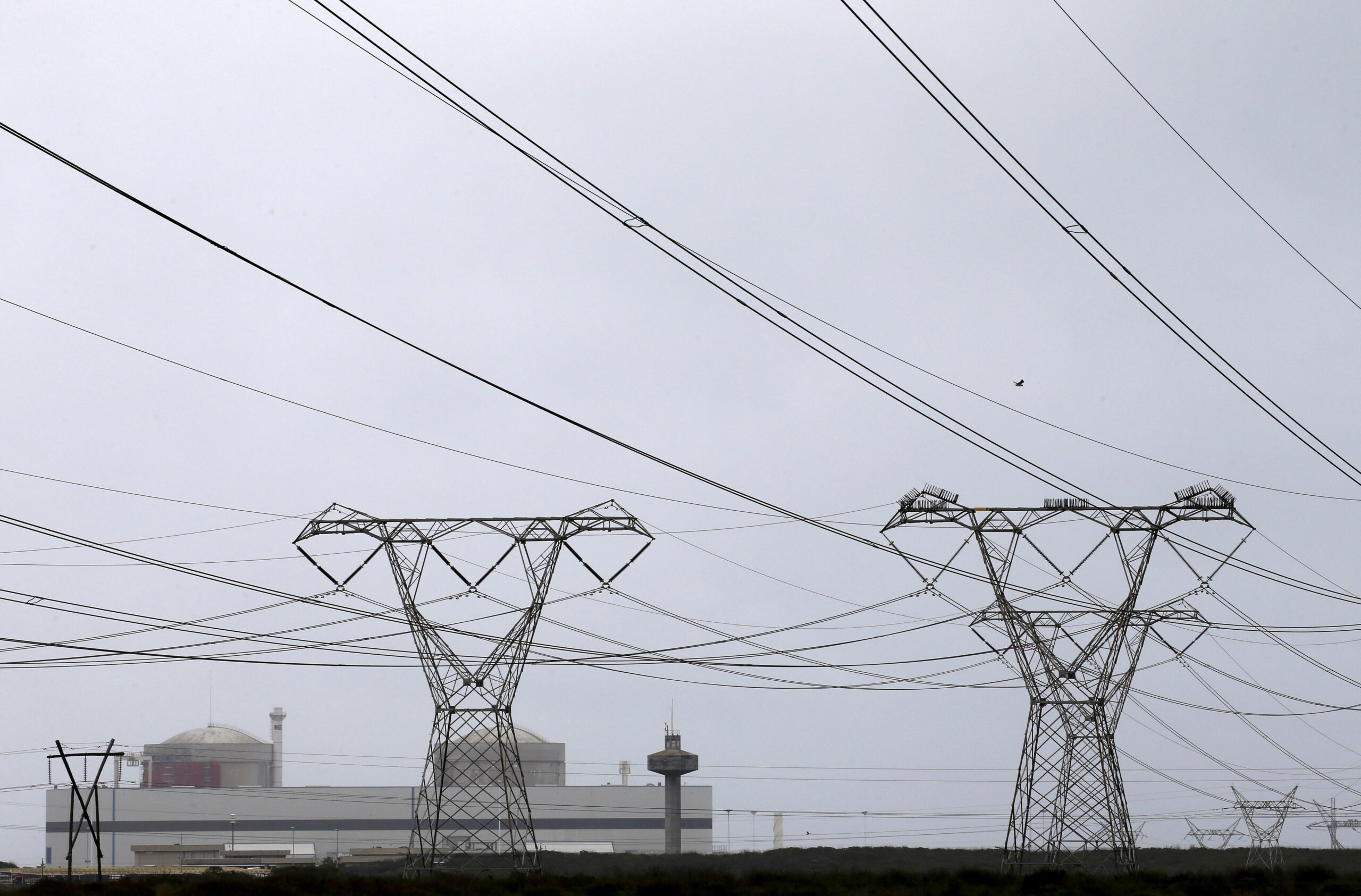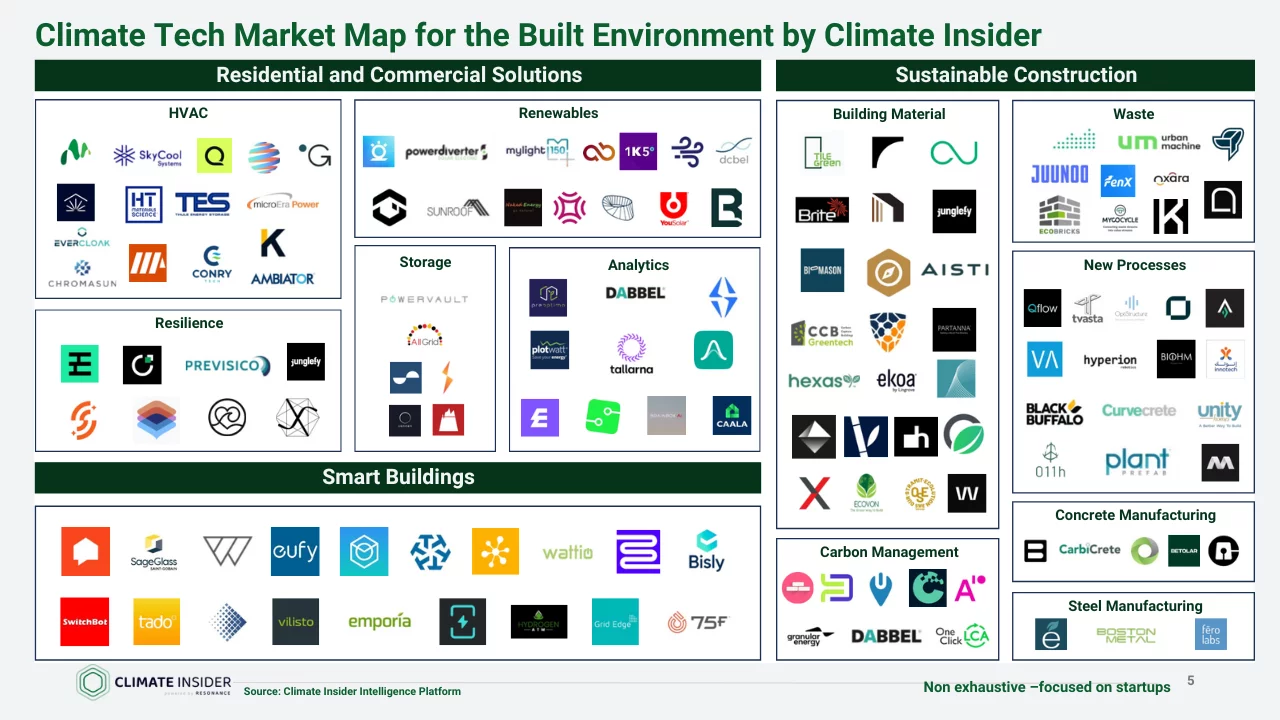The Climate Insider Policy Ticker series provides weekly insight on climate policy, environmental regulations, and government actions. Recent updates include the introduction of investment tax credits aimed at bolstering Canada’s clean technology sector. Additionally, the IMF has taken steps to incorporate climate policy into its operations. In political news, the Labour Party’s recent success has been supported by climate action-related plans. Moreover, there is a notable focus on climate action by the new South African government.
Canada Introduces Investment Tax Credits to Boost Clean Technology: Insights & Highlights
- The federal government is working on introducing four new investment tax credits aimed at transforming Canada’s cleantech landscape: Clean Technology, Clean Technology Manufacturing, Carbon Capture, Utilisation, and Storage (CCUS), and Clean Hydrogen.
- These tax credits are expected to catalyse investment in the cleantech sector, reduce production costs, and foster economic diversification. This will help reduce reliance on oil sands and create job opportunities in various fields. Read More
Tax Credit Details:
- Clean Technology ITC: Effective from March 28, 2023, to December 31, 2034, offering up to 30% of the capital cost for eligible properties.
- CCUS ITC: Applicable from January 1, 2022, to December 31, 2040, supporting projects that capture, transport, and store carbon dioxide.
- Clean Technology Manufacturing ITC: Offers 30% of the cost of investments in machinery and equipment used for manufacturing or processing clean technologies.
- Clean Hydrogen ITC: Provides a 15 to 40% refundable tax credit for investments in hydrogen production projects.
The IMF Initiates Reforms to Incorporate Climate Policy in Operations: Insights & Highlights

- The IMF has started incorporating climate risks into its analytical frameworks, focusing on how climate change impacts fiscal positions, asset prices, trade flows, and macroeconomic stability.
- The IMF is developing state-of-the-art tools and research approaches to assess climate risks and build macro-fiscal frameworks that consider substantial investments needed for a low-carbon economy transition.
- The IMF has begun integrating climate change into its surveillance activities, providing member countries with technical assistance to help them design and implement policies for climate adaptation and mitigation. This includes advising on fiscal, monetary, and financial policies to address the immediate and longer-term implications of climate change.
- The IMF is exploring ways to adapt its debt sustainability frameworks to reflect climate-related financial flows, helping countries balance fiscal and debt sustainability with investments in climate adaptation and mitigation. Read More
Labour Party Receives Support for Ambitious Climate Action Plans: Insights and Highlights
- The Labour Party won a landslide victory in the 2024 UK General Election, gaining a strong mandate for ambitious climate action and green investment.
Pledges:
- Clean Power System by 2030: Labour has committed to establishing a clean power system by the end of the decade, focusing on renewable energy sources to reduce carbon emissions.
- Great British Energy and National Wealth Fund: The creation of Great British Energy, a public energy company, and a National Wealth Fund aims to support the decarbonization of industry and promote sustainable economic growth.
- International Clean Power Alliance: Labour plans to build an international coalition focused on clean power, enhancing global cooperation in the fight against climate change. Read More
New South African Government Sparks Optimism for Accelerated Energy Transition: Insights and Highlights
- South Africa’s energy transition is expected to accelerate following a power-sharing arrangement that includes appointing ministers from both the ruling ANC and the opposition DA to key positions, including energy policy.
- President Ramaphosa removed pro-coal minister Gwede Mantashe from controlling the energy sector, splitting the Department of Mineral Resources and Energy. This move aims to potentially revise the Integrated Resource Plan, which currently favours gas over renewables.
- Barbara Creecy, who played a significant role in climate talks, has been moved from environment to transport, while the DA’s Dion George takes over as environment minister. Read More








